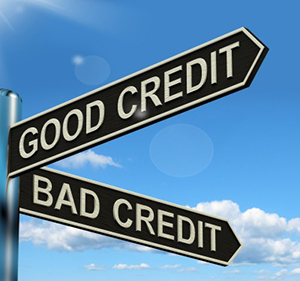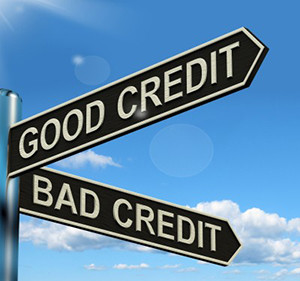
Mortgages After Bankruptcy
You may think that it is impossible to obtain a mortgage after you have declared bankruptcy in the past. Admittedly it can be a difficult process but there are options available if you are willing to do the work. The most important factor that a lender is going to look at is your credit score.
Buying a home after bankruptcy is not the same as buying a home when you have no credit issues.
Many lenders will consider your financing request 24 months after you have been discharged from your bankruptcy. During those 24 months you will need to work diligently to improve your credit score in order to be approved for a mortgage with the lowest market rates.
Here are some key points that a lender will review when considering a mortgage request after bankruptcy.
– How long since the bankruptcy has been discharged? Generally most lenders will want to see a minimum of two years since the date of discharge. Others may consider with less than two years since the date of discharge but the other parts of your application must be strong.
– What was the reason for your bankruptcy? A lender will want to understand if the bankruptcy was a result of poor money management or an event that was beyond your control.
– How much of a down payment do you have? Generally a lender is going to want you to have a minimum 10% down payment and it must be from your own resources and not gifted or borrowed funds. Some lenders may require a higher down payment.
– How does your credit report look now? There cannot be any late payments or delinquencies reporting on your credit since being discharged from bankruptcy. This includes your cell phone bill which reports on your credit.
– Re-established credit. – There should also be re-established credit reporting. This shows a lender how well you have been handling your affairs since your bankruptcy. There should be established credit from a major bank or credit card company with a mix of revolving and also term loan payments. A lender will want to see a minimum two year history of your payments being made on time. Credit limits should be a minimum of $2000 to $2500 on revolving credit cards with at least two established accounts. Any late payments will stay on your credit report for six years so ensure that you are making all of your on-time. I recommend setting up auto payments for all of your accounts from your bank account.
There are also alternate lenders that will consider financing with as little as one day discharged from your bankruptcy and with no re-established credit but they are going to be looking for other strengths in your application – long-term employment history and a minimum down payment of 25%. The rates will be higher and there will be a lender fee.
This can be a temporary situation until you have re-established your credit and your overall financial picture. At the end of the term, generally one to three years, then you may be considered for a mortgage with a lender with better rates and terms.
When you ask a mortgage broker for assistance we can coach you on credit repair and improving your overall financial picture to achieve your home ownership dream. We have access to alternative lenders that may consider your mortgage request as we work to re-establish your credit.
If you have any questions or would like to review your current situation, please give us a call at 888-561-2679.


